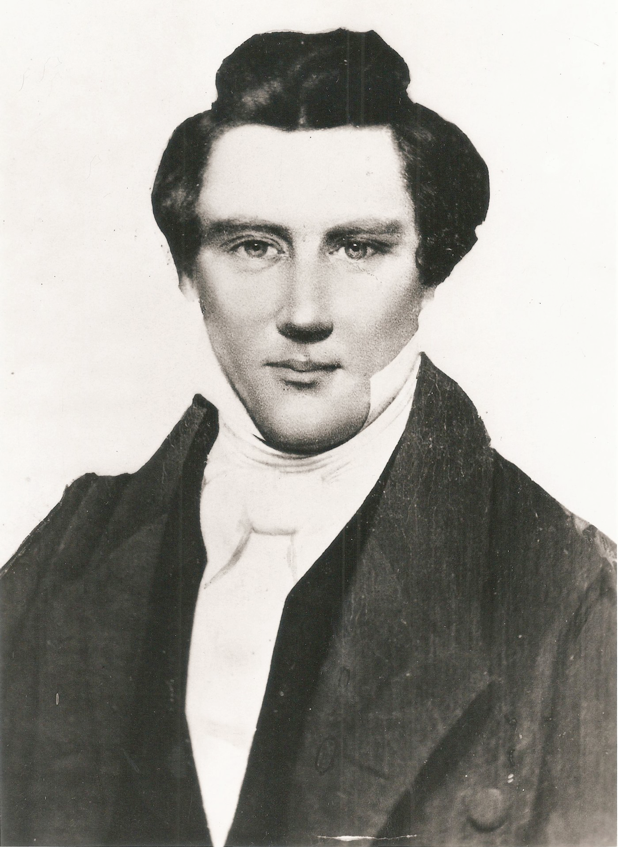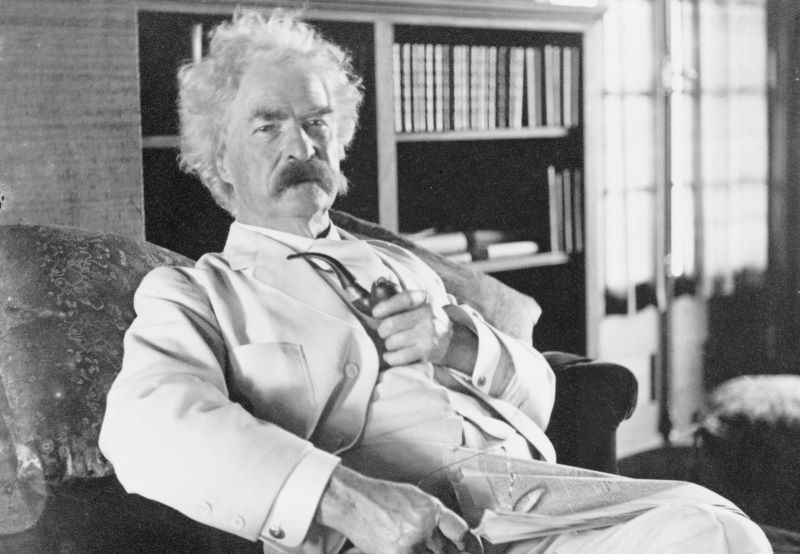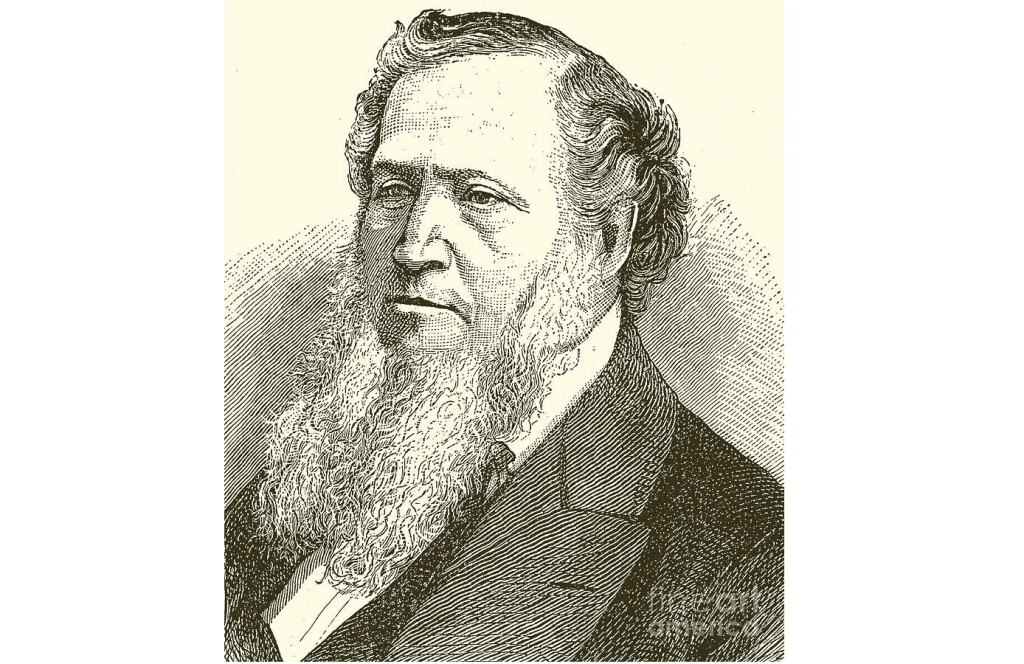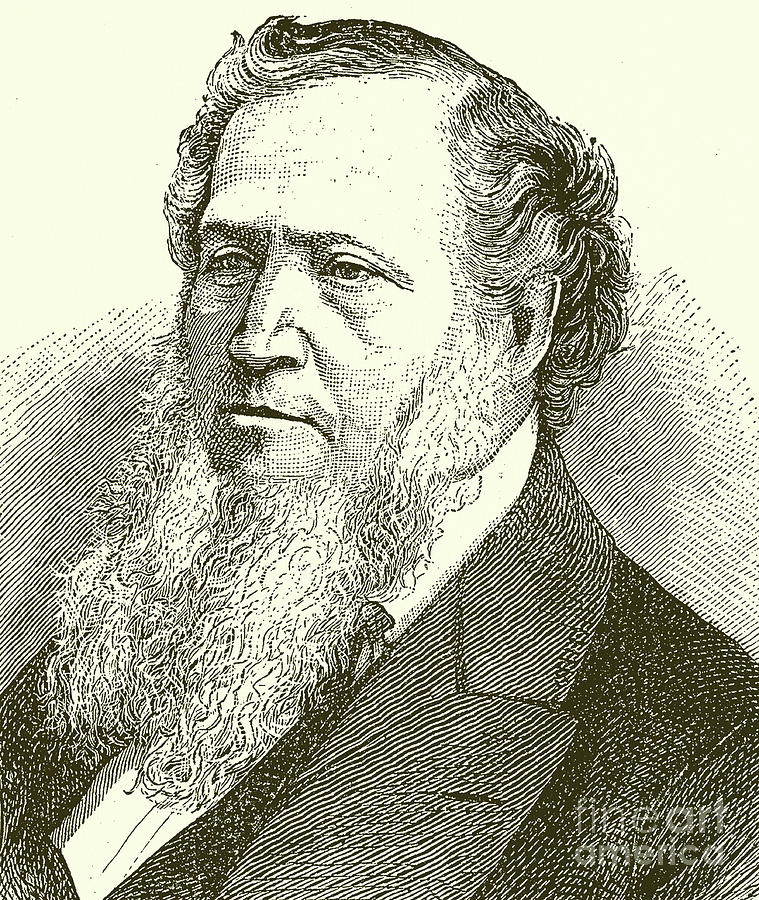Will we adopt California’s identity if we don’t define it ourselves?
Does Utah and the West still have an identity? Are we standing up for who we are? And what we want? Or are we likely to become culturally, politically, and religiously like California?
Politics flows downstream of culture, and for decades California has defined and created the culture of the west. California has been the epicenter for movies, music, products, agriculture, and technology. But this is not the case any longer. California has lost its way, both major corporations and residents are leaving California in droves, and we need to do to prevent the Californication of Utah.
Making it a worthwhile examination to define and examine what traditional western ideals are. Utah and the Great Basin states have a unique history and identity. Our own identity and defining it becomes easy if we simply examine what brought the majority of our population here in the first place.
In this story, I will examine Mormon Pioneer history, Western History, the Gold Rush and the initial western expansion, and the ideals that made the Wild West so attractive to so many settlers and Pioneers. My ancestors came out here from England and Armenia. What brought them out here? And would they still want to come here today?
The Most Important Principle of Western Ideology
Western Ideals and principles were once simple and clear:
Westerners want freedom from tyrannical power. That’s it. It’s just that simple. Government, religions, and corporations nearly always use their power to impose on our freedoms. Just examine the history and we find that governments world-wide almost always become tyrannical. A government always wants to take more from hard-working people, and make it more difficult for people to operate their businesses, and practice their values. So the only practical form of government is limited government, which is an extremely difficult ideal to maintain.
Find me a government that doesn’t engage in tyranny, and you will find a place where everybody wants to live. The Western States as well as Texas have always imposed less government on their residents and for this reason, these states are experiencing mass migrations from states that are imposing a tyrannical government on their residents.
It’s extremely clear that governments want more of our money; more of our freedom; and want to exchange more of our religious and cultural value systems for their values and their larger agenda.
Why Pioneers Migrated West
It’s interesting how the definition of “The West” has been constantly changing. In the early 1840s, the West could have been defined as the Ohio River Valley or any place east of the original 13 colonies. But the far west has always had a unique component: people have traditionally come here to escape persecution and tyranny.
My ancestors from England were Mormon converts who wanted free land. But Why did people from much more hospitable climates and economic conditions come here and try to carve out an existence in the harsh desert climate?
Leaving Green Grass and Lush Pastures for the Desert: Why?
Living in the U.K. for one year where many of my ancestors originated, forced me to ask this question ongoing while we were there. Why would they leave this lush, green, and secure place to go and live in the arid desert with so much uncertainty?
They came because there was a promise that they could own their own land. It was that simple. Likely my English ancestors were of the laboring or farming classes who really had no hope of ever owning a significant amount of land or property, so they decided to risk everything and pack up and leave. And they wanted to feel like they could create their own destiny. They didn’t want to feel that some autocratic power, factory, government, or religion was going to define it for them. They wanted to build it for themselves.
So I want to go way back and share with you what I believe is indeed the bedrock of our belief system that we can share as liberals, conservatives, Latter-Day Saints, Protestants, Blacks, Whites, Hispanics, Japanese, Chinese, Armenians, Greeks, Italians, Bosnians —everyone who lives here– what is it that our ancestors and many of the people who have even recently migrated here have in common.
Perhaps you might think we have nothing in common? I think that we actually have in common far more beliefs than we realize. I think it’s actually the media who are doing everything they can to divide us into political camps; I think the camps are an illusion. And I think you will be surprised by what I’ve found.
How the West Was Won
So let’s back up for a moment and examine how the Western United States was settled. So until 1848 most of the Western United States was actually Mexican Territory.

And it’s worthwhile noting how the entire Western United States ended up going the way of U.S. territory from the former nations who claimed these areas.
It’s very interesting how all of this area was ceded and purchased from Mexico in 1848. But not a lot of people realize that prior to this territory becoming part of the United States, it was largely Mormon Pioneers who settled in Utah, Idaho, Wyoming, Nevada, and even California. To quote the official Latter-Day Saints Church history
“But not all of the pioneering Saints settled in the Salt Lake Valley.” By 1900, members of The Church of Jesus Christ of Latter-day Saints had founded more than 600 communities in a broad stretch extending from Canada into Mexico. In the words of Pulitzer Prize-winning author and historian Wallace Stegner, the Latter-day Saints “were one of the principal forces in the settlement of the West” (The Gathering of Zion: The Story of the Mormon Trail [1964], 7).
Moreover, Mormons played a principal role in Gold Rush that started in California at Sutter’s Mill. John Sutter, a German-Swiss settler, arrived in the region in 1839. He was able to hire Mormons who had just fought in the Mexican-American War to build him a water-powered sawmill.
Just nine days after the Mexicans ceded 510,000 square miles through The Treaty of Guadalupe Hidalgo. A payment was made to Mexico for $15 million dollars. The Gold Rush began January 24th, 1848, when Mormon James Brown, and other workers Sutter hired discovered gold.
The Gold Rush started one of the largest mass-migrations and western expansions that has ever occurred. 150,000 pounds of gold were extracted from California in just 3 years worth $3 billion. This money aided the growth of both United States’ western objectives, but it greatly aided the Mormon Pioneers as well.
So it was actually dirty, ugly, environmentally unfriendly, mining that so greatly benefited the early west not just in the Gold Rush in California but in the subsequent silver rushes in the Wasatch mountains above Salt Lake City. But Mormons weren’t interested in mining gold. In fact Brigham Young strictly prohibited it. However, the mining interests and the mass migration benefited the early Mormon Pioneers greatly.

Why Did the Early Mormon Pioneers Settle in the Great Basin?
If early Mormon Pioneers didn’t come for the gold rush or to get rich, why did they come? Why would they all risk so much to come out to a land that was still so wild, still controlled mostly by Indians, and still under Mexican control?
The Pioneers came to escape the tyranny they encountered in their former settlements of Kirkland, Ohio (1831-1837), and Nauvoo, Illinois from (1839-1844).
The Latter-Day Saints had to pack up and leave these places because first of all Joseph Smith wasn’t exactly a Saint in terms of his getting along with the authorities or the non-Mormons of the places he inhabited.
Joseph Smith had so much power and charisma, so he very often challenged the power of the ruling authorities where he lived. In Illinois, he printed his own currency without a federal charter. That is an entire very interesting chapter in Mormon history, but it’s beyond the scope of this article.
First, we must understand that Joseph Smith viewed himself as a modern-day Moses who was directed by God to take his people to the promised land. He was a “prophet of God”, so why not build his own cities? Print his own money? and take his “New Israelites” or new chosen people of God, to build their own New Kingdom? And why not settle beside the “Dead Sea” of North America AKA: The Great Salt Lake?
His message was that God chose the United States; God chose his followers; God chose him to translate the Book of Mormon and assemble his authorities to lead and prepare this new nation for the second coming of Christ.
This all sounds a little cultish and crazy in today’s age, but this was a time of great religious fervor in the U.S. and there were a lot of religious zealots. The time is now called “The Second Great Awakening” marked by a great revival of Christian ideals and doctrine in terms of how those ideals would distinctly define the quickly growing new nation.
My takeaway from this movement is that everyone agreed that the United States would be founded as “One Nation under God.” and that people by-in-large could choose to worship God however they saw fit. Church and State were two completely separate entities. Those lines were not to become blurred.
“Render unto God what is God, and render unto Caesar what is Caesar’s.” As Jesus said.
So unlike Anglican Great Britain, or Huguenots in France or Lutherans in Germany who were all in a constant battle with the mighty Roman Catholics in all of Western Europe, the United States was going to allow for everyone to worship God how they saw fit. Consequently, this produced a breeding ground for new religions and sects. Quite a few of the new sects of Christianity came about in the 19th century.
However, it was clear that religious freedom was fundamental to both the founding of our nation and the settlement of the west. Our freedom of speech, with the subcategories of our freedom of assembly; our freedom of the press; freedom of religion were all fundamental. On to our second amendment rights to bear arms– these essential freedoms were specifically established to protect citizens from tyranny.
The Mormons were persecuted in the places they went because they were practicing polygamy. Many Christians saw this as a grave sin. Joseph Smith, as previously mentioned, started printing his own money without a charter. This money ended up being bogus, but he used it anyway. This led to Joseph Smith being ‘tarred and feathered’ in Illinois by 50 anti-Mormons in Ohio in 1833.
Despite this persecution, Joseph Smith made no curbs on the level of his personal ambition. Smith decided to run for President of the United States in 1844. He wanted to turn Illinois into the first theocratic state in the United States, and he was headed there. Nauvoo, Illinois was not just a city or a town; it was the second most populated city in Illinois. The Saints referred to it as the Kingdom of Nauvoo, and this was to be where they would build their Kingdom of God on earth.
Consequently, the Saints were getting persecuted more and more because their neighbors in places like New York then Missouri then Ohio didn’t appreciate their ambitions to create the theocratic rule. Nevertheless, Mormons wanted to see the Church essentially blur the lines with the state.
Not long after Smith announced his candidacy for President, he was put into a small jail with his brother Hyrum. There he was held to stand trial for putting a hit out on the Governor of Illinois and ordering the destruction of printing presses for the Nauvoo Expositor: a vitriolic anti-Mormon publication. The trial never took a place because a mob broke into the jail and shot both Hyrum and Joseph Smith. After that happened, Brigham Young stepped into Joseph Smith’s shoes and led the Saints into the ‘promised land’. It’s absolutely amazing how Brigham Young was able to organize and orchestrate this mass-migration of people from their wonderful city of Nauvoo, to the middle of a largely unexplored desert near the Rocky Mountains, where Smith has prophesied they would eventually settle.
Despite the strange ambitions of the Latter-Day Saints to form a theocracy, one has to admire their bravery; they endured tremendous suffering and brutal hardship; many of them starving or getting barely enough food to survive in the early years; just so that they could have a chance at being free from the tyranny of persecution by the people and the government.
Nevertheless, they succeeded. The Mormon Pioneers settled over 600 communities by developing a system for settling towns. They recruited the needed essential skilled tradesman from places like England and Scandinavian countries. They settled a huge amount of land and paved the way for the Gold Rush attracting many more people to settle out West.
While I don’t subscribe to the Mormon belief system (or I guess I should say the Latter-Day Saints) belief system, as many of my ancestors did, I do believe their vision to live free or die hard, was a worthy intention. Their intention to give people the opportunity to live on 20 acres; homestead the land; raise what they needed and barter their own goods for everything else, was essentially an excellent sales tactic Mormon missionaries used in Europe to send thousands upon thousands of Europeans to the Great Basin Kingdom. My ancestors bought it, and while life was harsh; difficult; constant work was required, they built a very special place.

Mark Twain describes his visit to this special place, Salt Lake City in his book Roughing It:
“We walked about the streets some, afterward, and glanced in at shops and stores; and there was a fascination in surreptitiously staring at every creature we took to be a Mormon. This was fairy-land to us, to all intents and purposes — a land of enchantment, and goblins, and awful mystery. We felt a curiosity to ask every child how many mothers it had, and if it could tell them apart; and we experienced a thrill every time a dwelling-house door opened and shut as we passed.”
On Salt Lake City’s order and industry:
“Next day we strolled about everywhere through the broad, straight, level streets, and enjoyed the pleasant strangeness of a city of fifteen thousand inhabitants with no loafers perceptible in it; and no visible drunkards or noisy people … and a grand general air of neatness, repair, thrift and comfort, around and about and over the whole. And everywhere there were workshops, factories, and all manor of industries; and intent faces and busy hands were to be seen wherever one looked.”
On the residents’ health:
“Salt Lake City was healthy — an extremely healthy city. They declared there was only one physician in the place and he was arrested every week regularly and held to answer under the vagrant act for having ‘no visible means of support.’”
What I believe gets lost is the intent.
The major intent of the mass western migration was to homestead land; to subsist on land– to be allowed to work land that they had the promise of owning; peasant farmers from Europe could never own land, that was a foreign concept. But here by the sweat of their brow, they could grow their own food; raise their own animals; live off the “fat of the land”. And in-so-doing be more self-reliant and independent and truly pursue a legacy and a promise of independence from tyranny for their children.
Indeed this is the great western ideal that should not be allowed to be trampled upon. I believe we are witnessing a resurgence of these ideals today in the urban homesteading movement and self-reliance movements; even the van life movement — which is essentially a revolt against living a life working to pay rent. Defining these movements is a big part of what Utah Stories is all about.
The right of life, liberty, and the pursuit of happiness.
The pursuit of happiness at Brigham Young time has involved being able to grow food and live independently, not have a massive amount of income confiscated by the government, and not have cultural and religious ideals trampled upon by a tyrannical government. To be able to say what you think. To be able to have a trade or a business independent of massive corporate power; these are the western ideals.
The new current time ideals are that the government’s role is to be the arbiter of cultural or religious beliefs. And the major problem we are witnessing today is that our political leaders are unable to make a stand on separating the Western Principles from the cultural principles which are starting to appear far more like religious principles.
My examples of how climate change; the Green New Deal; and critical race theory are now becoming religious in nature. These ideas seem “beyond debate”. So anybody who might challenge or talk about these beliefs is labeled a “white supremacist” or “climate denier”. This is a symptom of secularism taking over religion. Humans are religious by nature and when we have no religion, the state, or a special cause or a “new truth” replaces the role of the church to fill that vacuum. In my opinion, that’s exactly what we are witnessing happening in California.
I realize I point out these things at my peril. But it’s becoming obvious that the “new heretics” are those who bring up sacred topics for debate and discussion such as race theory and climate. So if you want to cancel me for bringing these things up please cancel away!
But if you think that these are things that need to be discussed. If you think that our values should go beyond political parties and ideology, then maybe you would like to give this video a thumbs up and subscribe to our channel and our digital newsletter.
Read More
Why Mormom Missionaries Emigrated from England (Utah Historical Quarterly BYU Archives)
Power to the People: How Enterprising Mormon Pioneers Electrified Utah
Utahns’ Love Affair with Cottonwood Canyon
Magna, Utah—the town that forgot its name
Cache Valley Canals: Early Pioneers Worked for Their Water
Mormon Economics in Early Utah
Subscribe to Utah Stories weekly newsletter and get our stories directly to your inbox







